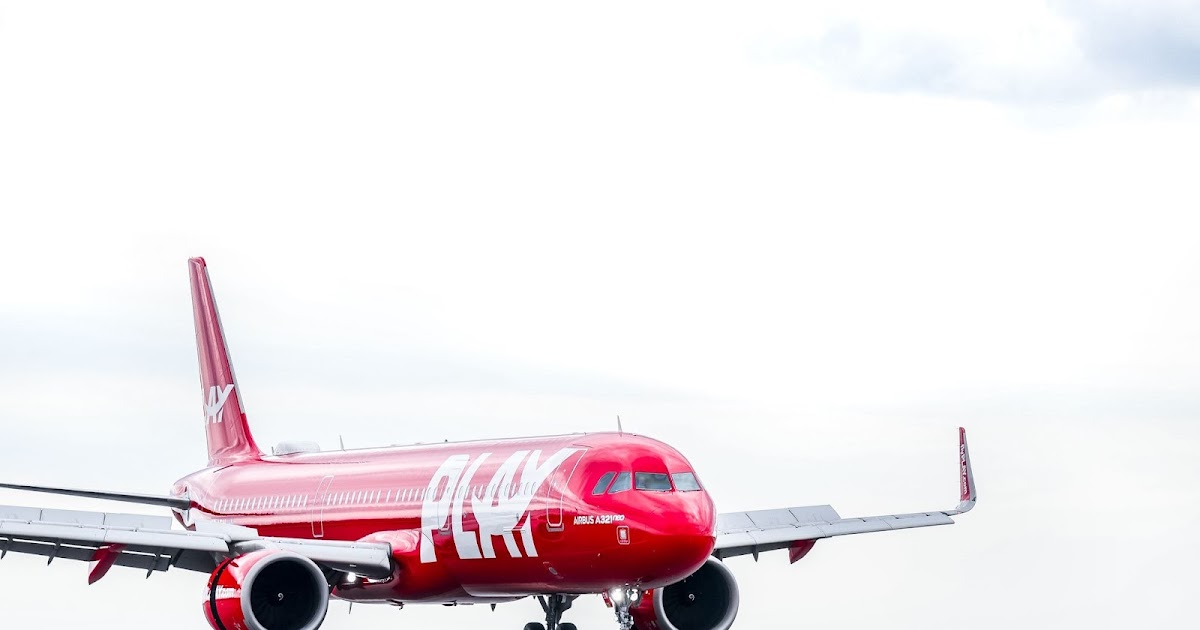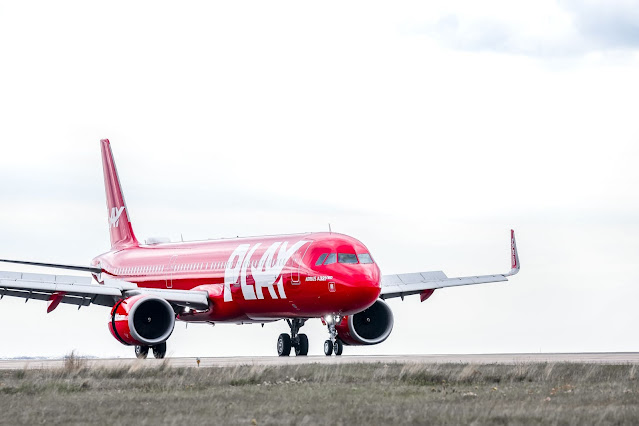Icelandic low cost carrier PLAY has outlined plans to help establish a flagship airline for Kosovo. According to an investor presentation by PLAY’s new takeover group, the airline is in advanced talks with seasoned aviation operators to launch a virtual carrier based in Kosovo, in collaboration with Pristina’s three largest travel agencies. The proposed airline would operate under a virtual model, meaning it would rely on aircraft and crew provided by PLAY or affiliated entities, while local partners would manage sales, distribution and branding. The three Kosovo travel agencies involved reportedly command a combined 54% share of the market at Pristina Airport, positioning the venture for immediate reach and influence in the outbound leisure and diaspora-driven traffic.
The Kosovo-focused project is part of a broader restructuring strategy led by the carrier’s CEO Einar Ernir Olafsson and Deputy Chairman Elías Skuli Skulason, who are spearheading a takeover of PLAY. Their vision includes a pivot toward ACMI (Aircraft, Crew, Maintenance, and Insurance) leasing and aircraft deployment under PLAY’s recently obtained Maltese air operator’s certificate. PLAY would divest its Icelandic license and focus its fleet across leasing operations and selective route services, including those in and out of Iceland. This week, PLAY announced it will cease all flights to the United States from October 2025.
As the carrier seeks new growth avenues and capitalises on opportunities outside its home base, Kosovo has emerged as a new component of PLAY’s strategy. Last year, capacity provider GP Aviation became Pristina’s busiest airline, handling just over 900.000 passengers, overtaking Wizz Air. A key factor in its success was securing access to high-demand routes to Switzerland. Chair Airlines and easyJet positioned themselves as the second a third busiest carriers, with 540.000 and 505.000 travellers respectively. Wizz Air, which was Pristina’s busiest in 2023 came only fourth, with 420.000 passengers, shedding over 100.000 customers year-on-year. Austrian Airlines overtook its Turkish counterpart to become the busiest legacy carrier operating out of Pristina, handling 150.000 passengers. Last year, Pristina Airport was the fastest growing in the former Yugoslavia, adding over 600.000 additional travellers on 2023.


